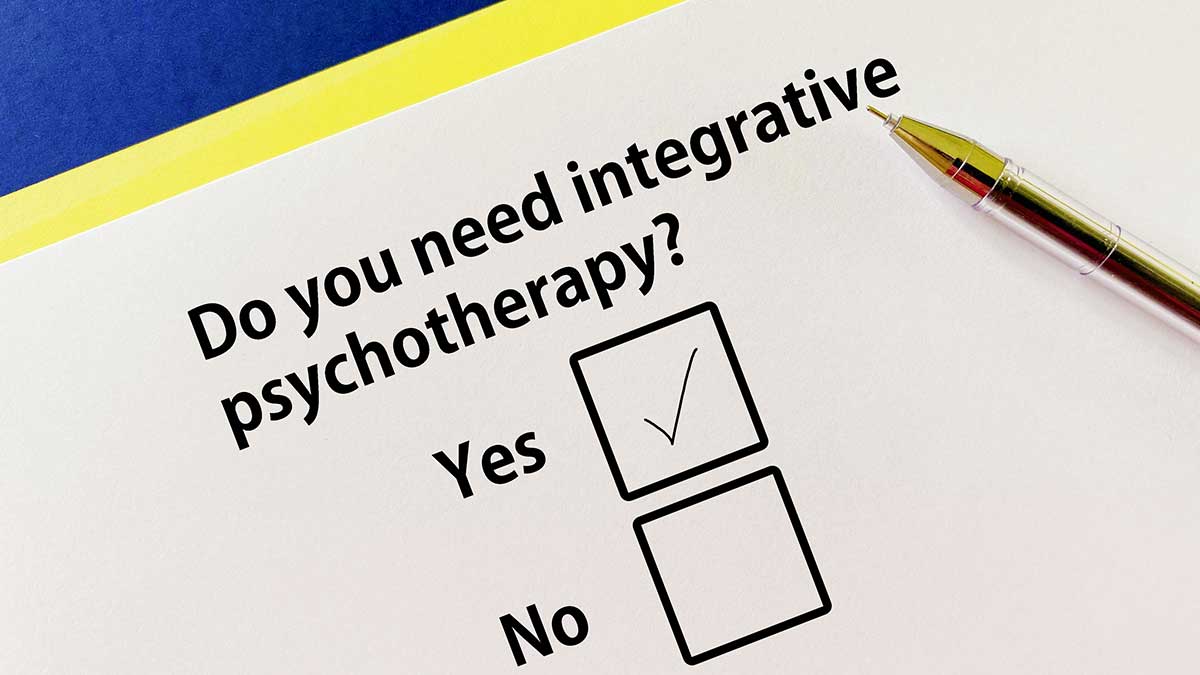What is Integrative Psychiatry?

Integrative psychiatry is a comprehensive approach to mental health treatment. This approach involves a thorough mind-body evaluation and combines traditional psychiatric treatments with holistic therapies such as nutrition, supplementation, lifestyle interventions, and mind-body practices. The goal of this approach is to create a personalized treatment plan for each unique patient. It emphasizes addressing the underlying causes of mental disorders and implementing a variety of healing tools. In contrast, traditional psychiatry primarily focuses on using medications only to treat mental disorder symptoms and often does not look for nor address their underlying causes.
A holistic approach to psychiatry has been supported by research. A study by Sarris et al. (2013) found that a combination of medications and herbal medicine was more effective in treating major depressive disorders than medications alone. Similarly, a systematic review by Sarris et al. (2016) found that nutritional medicine can be effective in treating depression and anxiety. These studies, as well as the experiences of many patients, demonstrate the benefits of incorporating a variety of therapies into mental health treatment.
Integrative psychiatry also addresses the importance of identifying and addressing the underlying causes of mental disorders. Many integrative and functional medicine practitioners, including Dr. Greenblatt and Dr. Weill, emphasize the need to address multiple potential causes, such as nutrient deficiencies, gut dysfunction, and exposure to toxins, in order to effectively treat mental disorders. By addressing underlying causes, integrative psychiatry finds imbalances that lead to disease and restores balance to the physiologic functions of the body.
In addition to addressing underlying causes and incorporating therapies of different modalities, integrative psychiatry also emphasizes the importance of treating the patient as a whole person. A study by Michalek et al. (2018) found that a holistic approach, which included addressing physical, psychological, and environmental factors, resulted in better treatment outcomes for patients with PTSD. This big picture approach to whole-person health can lead to a more positive treatment experience for patients and improve overall health and well-being.
Overall, integrative psychiatry offers a holistic approach to mental health treatment that evaluates the patient as a whole, instead of only by their symptoms.
Through integrating traditional psychiatric treatments with therapies such as nutrition, supplementation, lifestyle interventions, and mind-body practices, integrative psychiatry can lead to more effective and long-lasting treatment outcomes. Both patients and practitioners can benefit from this approach to mental health treatment and should consider it as an option in their treatment plans.
Cacciaguida, Luisa, MD
Functional Medicine I Psychiatrists
Englewood, NJ
SPONSORED ARTICLE
For the most up-to-date information, please contact the company directly.The photos contained in the article serve only as an illustration of the article.
BUSINESS ONLINE CATALOG
